Think Women
Professor Deborah Eyre | 40 Outstanding Global Women 2023
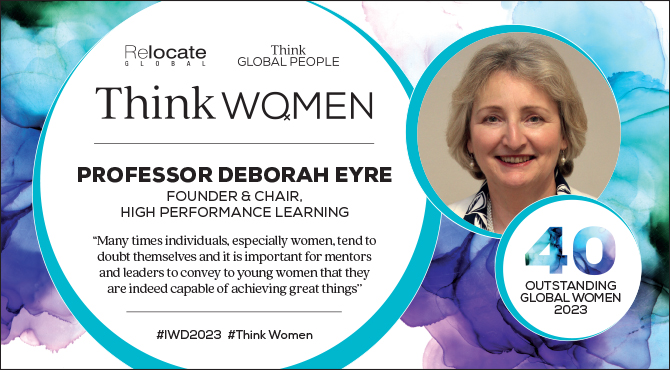
Transforming Education: A Visionary Approach to Student Success
Professor Deborah Eyre has been interested in education all her life, and her experience in helping international and UK schools has a truly global reach. She works with educational establishments from Panama to Kazakhstan, and from Vietnam to the Middle East.
She is on a mission to change the way teachers, schools and parents view academic and personal potential in young people. As a renowned education thought-leader, influencer, researcher and writer with a professorship from Oxford Brookes University in Education, she has advised governments and educational foundations in the UK, Hong Kong, South Africa, Kingdom of Saudi Arabia, USA and Singapore.
“The biggest change that’s happened in education in the last 30 years is a growing understanding of human capability in neuroscience, psychology and genetics,” she says. “It demonstrates that almost everyone is capable of achieving highly and having a life full of success and we want to create those students who can thrive not just in school, but in their future lives.”
Professor Deborah Eyre, Founder and Chair of High Performance Learning
Deborah has held prestigious roles as director of the National Academy for Gifted and Talented Youth (NAGTY) at the University of Warwick; director of research and graduate studies at Oxford Brookes University, CEO of DEL International Education Consultancy, which offers expertise and strategic advice on educational innovation at school and university levels, and education director at Nord Anglia Education, based out of Oxford and Hong Kong.
Having spent much of her professional career researching what made some students more successful than others, she set up High Performance Learning to pass on her knowledge to schools to help all students reach high levels of cognitive performance. The organisation, which has hubs in the UK and the Middle East, is opening the discussion on how to help all pupils attain highly rather than just a relatively small percentage.
A career steeped in educational research
“When I was at school, educational options for girls were quite limited,” she explains. “The career advice I received at school was a choice between becoming a teacher, secretary or nurse.”
She studied education at Westminster College, Oxford and during her early experience as a primary school teacher was intrigued by why some people found learning easier than others.
“Right from the beginning I was fascinated by how people came to learn. I’m curious and I’ve always been a natural researcher,” she says. “At the time, received wisdom was that there was a subset of the population who were highly gifted. I had a suspicion that this was an inexact science.”
Over the subsequent years, she developed her interest in gifted and talented education, becoming a world-renowned figure in this field and influencing policy at national and international levels. Mid career, she wrote a bold think-thank paper ‘Room at the Top: Inclusive Education for high performance’, which argued that the concept of a small cohort within the general population being uniquely talented and gifted was not valid, and that academic success was accessible to everyone, given the right support. It was controversial, but it began a second phase of Professor Eyre’s career focused on the development of an educational model for schools where educational success is the norm.
The Birth of High Performance Learning
This pivotal moment for her was the realisation that education could be transformative for all students and led her to create High Performance Learning (HPL) as a concept and later as a company.
“The biggest change that’s happened in education in the last 30 years is a growing understanding of human capability in neuroscience, psychology and genetics,” she says. “It demonstrates that almost everyone is capable of achieving highly and having a life full of success and we want to create those students who can thrive not just in school, but in their future lives.”
Professor Eyre works with employers too, to create the kind of student that employers want and need for the new world of globalisation and technological advances. HPL aims to challenge existing norms and empower schools to adopt practices that enable all students to excel.
Lessons learned as a female leader
She says one of the key lessons she has learned on her career journey is to have confidence in her own abilities, and to be aware that women’s careers are often non-linear, have breaks for family and children, and may flourish later in life.
“Many times individuals, especially women, tend to doubt themselves and it is important for mentors and leaders to convey to young women that they are indeed capable of achieving great things,” she says.
“An executive search agency once pointed out to me something which I hadn’t thought about regarding my CV: that I was a classic Pathfinder, who can conceptualise and see what was needed and then make it happen. She said that skillset is quite rare.
“That gave me a confidence boost because up until then I had thought my career was completely random. For women, careers often are quite random because there are a lot of conflicting demands. I was married with two children. When I was younger, I started from the perspective that I didn’t really expect to have a career, and when my children were small I worked part time.”
These skills of juggling different priorities and finding a way through difficulties is something women can recognise and develop, she says.
“One of the things that make women great global leaders is that they don’t expect everything to be straightforward,” she says. “They are flexible and come up with solutions. Also, it is important to go at the career pace that works for you.”
As she brings the message of HPL to schools around the globe, Professor Eyre’s focus is on developing competencies beyond traditional academic metrics, and towards creating well-rounded individuals who are prepared for the challenges of the modern world.
“It’s our role and that of schools to nurture young minds and create global citizens who can meet the demands of a rapidly changing world,” she says, “ and to provide the right support to help them succeed to be the best they can.”

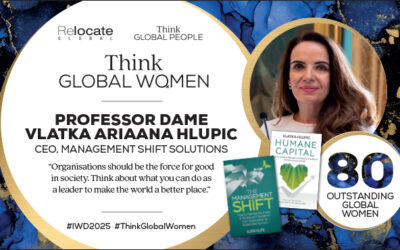
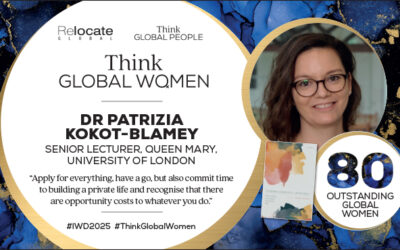
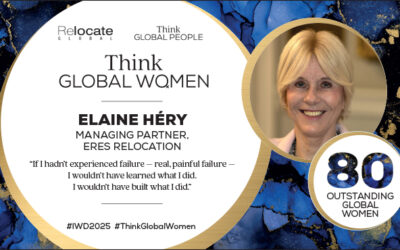
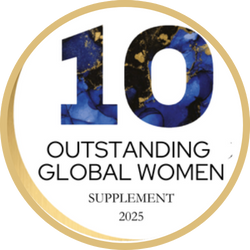
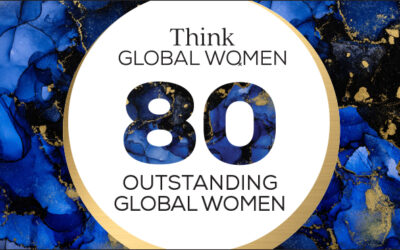

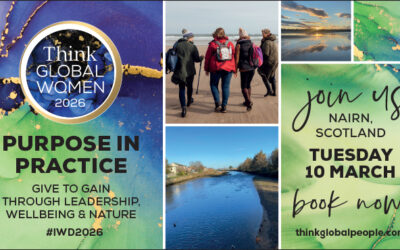

Trackbacks/Pingbacks